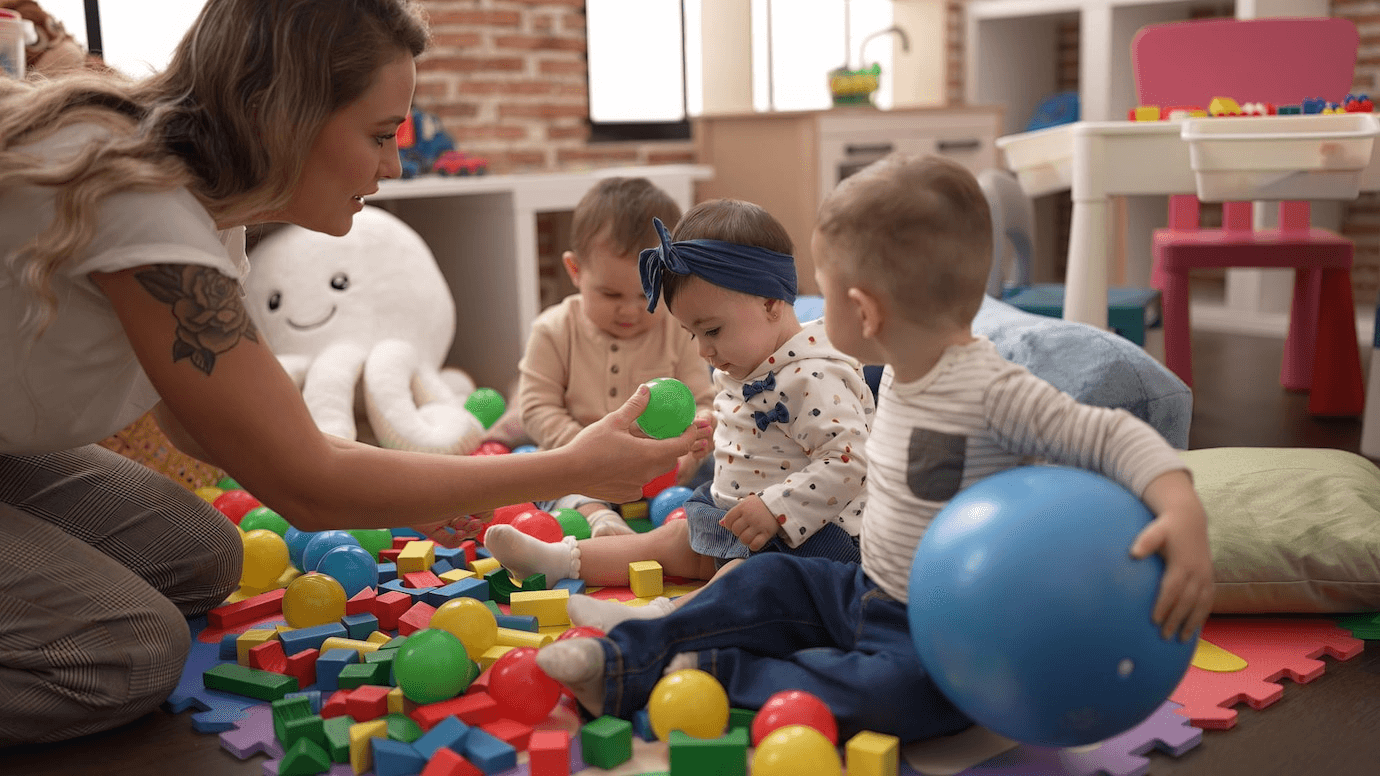Structured play offers a powerful pathway for children with autism to develop crucial social, emotional, and cognitive skills in a supportive, predictable environment. Unlike free play, structured play involves planned activities with clear goals and guidelines, providing children with autism a sense of security as they learn and grow. Here’s how structured play can make a difference in autism development:
1. Boosts Social Skills and Interaction
Children with autism often face challenges in social interaction and communication. Structured play activities—like role-playing, board games, or turn-taking exercises—offer a framework that encourages social interactions. By participating in these guided activities, children learn essential skills like sharing, cooperation, and reading social cues in a way that feels safe and predictable.
2. Enhances Communication Skills
Structured play can be a fantastic way to develop both verbal and non-verbal communication. Activities that include following simple instructions or asking questions help children practice language skills in a low-pressure setting. For non-verbal children, structured play can also introduce alternative ways of communicating, such as using visual aids or gestures, thereby enhancing overall expressive and receptive language abilities.
3. Improves Emotional Regulation
Structured play activities give children with autism a chance to practice recognizing and managing their emotions. For example, in a game where winning or losing is involved, children can experience the ups and downs of competition within a controlled environment, allowing them to practice emotional regulation. Games that incorporate breathing exercises or breaks between rounds can also teach children strategies to calm themselves when feeling overstimulated.
4. Encourages Sensory Exploration in a Safe Space
Many children with autism experience sensory sensitivities that can make everyday experiences overwhelming. Structured play can introduce sensory activities (like handling textured objects, engaging in movement games, or playing with clay) that gradually increase a child’s comfort with different sensory inputs. This exposure in a predictable format can reduce sensory sensitivities over time.
5. Builds Problem-Solving and Cognitive Skills
Structured play offers opportunities for cognitive growth by introducing activities that challenge children to think, plan, and solve problems. Puzzles, matching games, and simple obstacle courses all require children to focus, think critically, and make decisions. These types of play help improve attention span, memory, and executive functioning—skills that are often challenging for children with autism.

